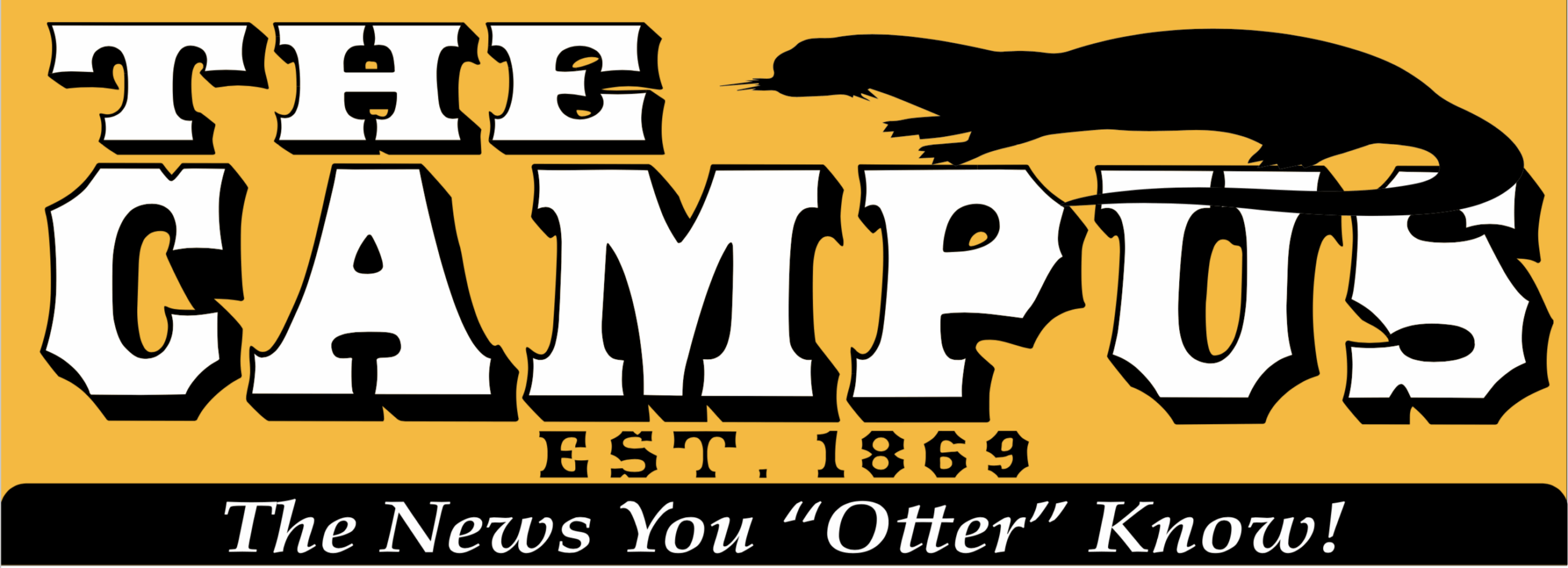The Student Welcoming And Affirming Network, the gay-straight alliance of OU, has started holding meetings again.
Senior Colten Coffin, sociology and human services major, is the current president of SWAAN.
Coffin said that his involvement with SWAAN as leadership started around the anniversary of the murder of Matthew Sheppard, Oct. 11.
“We did that Matthew Sheppard hate crime thing with Amnesty,” he said. “People came and asked if we had a gay-straight alliance, and I knew that we had one but it had kind of died down.”
Coffin said that SWAAN started in 2006, his freshman year. However, due to graduations and transfers, the original group had become dormant.
Toni Reynolds, also a senior and a sociology, human services, and psychology major, said that she was eager to join the revitalized SWAAN.
“This year when Colt decided that he was going to resurrect it,” she said, “I just wanted to be supportive of him and what he’s doing.”
Ryan Louis, Director of Forensics and one of the faculty advisers of SWAAN, said that the group’s attendance was pretty good for a first meeting after a hiatus.
“Right now we’re sitting at about 20, 25 members,” he said “but that was just the first meeting.”
Louis said that one of the group’s biggest goals is education.
“We’d like to do some question and answer sessions with panels,” he said.
“With speakers who can speak to various systems, experiences. Living in rural Kansas presents a conundrum where specifically the gay community or the GLBT community are not represented or even noticeable.”
Louis said that he felt his field and position as Director of Forensics was a good fit for being an adviser of SWAAN.
“Communications theory, interpersonal, intercultural, it all fits in very succinctly,” he said. “Learn how to talk to each other, learn how to support each other, learn how to promote each other. ”
Reynolds said she also hopes other groups will see this cause as important, at the same time as SWAAN seeing the causes of those groups as equally important.
“I hope that we’re able to lead by example,” she said, “and kind of see this inter-organizational support.”
Reynolds said that she felt a similarity between her own experience as an African-American woman and those of people in the GLBT community.
“The defenses for continued oppression of GLBT and African-American as very similar,” she said.
“It wouldn’t make sense for me to say that I want equal rights for people that look like me, but deny rights to people who don’t look like me,” Reynolds said.
